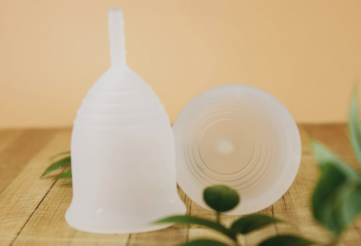Breaking the Silence: The Period Positive Workplace Initiative
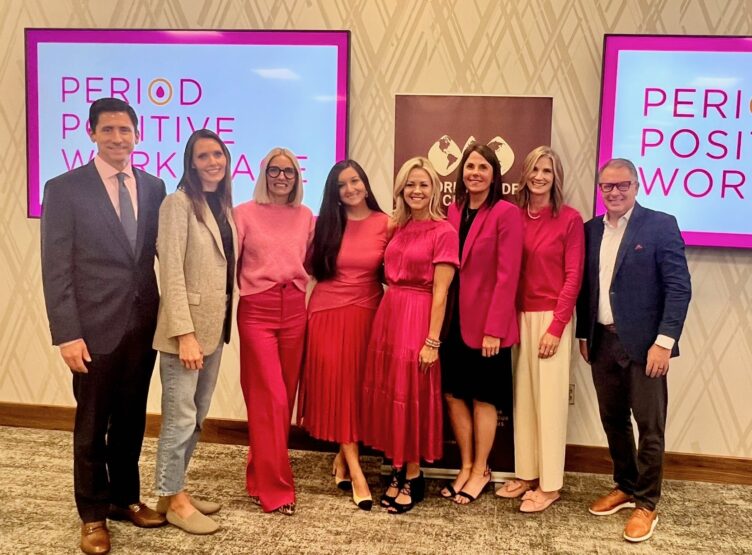
On September 20, 2023, Days for Girls’ Global Advocacy Director, Diana Nelson, spoke at the Period Positive Workplace launch event hosted in Utah, in the United States, by the World Trade Center and in collaboration with The Policy Project. This event shed light on menstrual inequality in the workplace and discussed how the Period Positive Workplace initiative directly addresses this issue.
The Path to Change: The Period Positive Workplace Initiative
This event served as a catalyst to introduce the Period Positive Workplace (PPW) initiative to corporations in Utah, United States. Morgan Stanley, already a certified Period Positive Workplace, was one of the speakers at the event and presented a prime example to other private sector corporations of what this initiative can look like in action. Morgan Stanley joins other US businesses that have become certified period-positive workplaces, including Chatbooks, Durham County Magistrate’s Office, Utah Microloan Fund, and Convoy of Hope, to name a few. The PPW fosters more inclusive and supportive menstrual environments in workplaces, ensuring access to necessary menstrual products and understanding. By achieving this aim, we help alleviate anxiety, enhance productivity and break the stigma surrounding menstruation.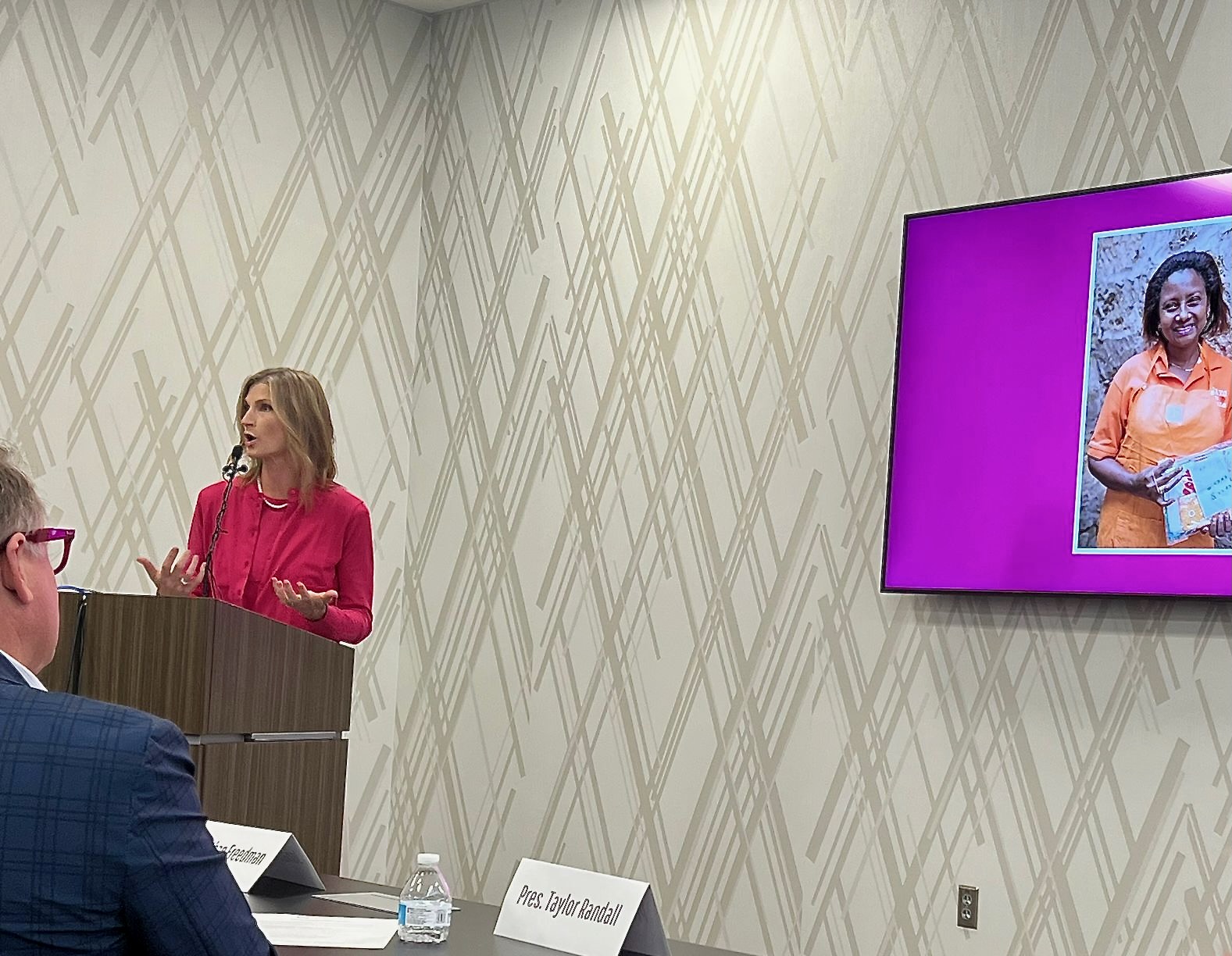
Becoming a certified PPW is a simple yet impactful step. Offering menstrual product access and including it as a workplace benefit not only boosts employee satisfaction and collaboration but also is an investment in business. Financially, the cost of the interventions resulted in a benefit to businesses, where for every one dollar invested, they ended up getting two dollars back.
Since its launch on International Menstrual Health day this past May, the Period Positive Workplace initiative has gained global traction; 106 businesses have been certified as PPW on every continent except Antarctica. More countries and organizations are recognizing the significance of this cause, with an average of just over seven companies a week joining the PPW. One example is Canada, where they are making substantial strides by mandating the provision of menstrual products in federally funded buildings.
Examples of Menstrual Inequality
During the event, Nelson spoke about global menstrual inequality and how it manifests itself in higher-income countries. She noted that many in professional workplaces may find themselves in the situation of unexpectedly getting their period and being caught without menstrual products, even if they can afford them. This uncomfortable issue can be easily solved if employers provide period products in their employee bathrooms. In doing so, businesses help those at their work who might be caught off guard by their periods and potentially lose time and productivity worrying about or managing it.
A 2023 Water Aid survey of British women and people who menstruate found that, shockingly, 31% of respondents had to use makeshift materials such as toilet paper or fabric to manage their periods at work. This is a far-reaching problem with a simple solution: become a period-positive workplace.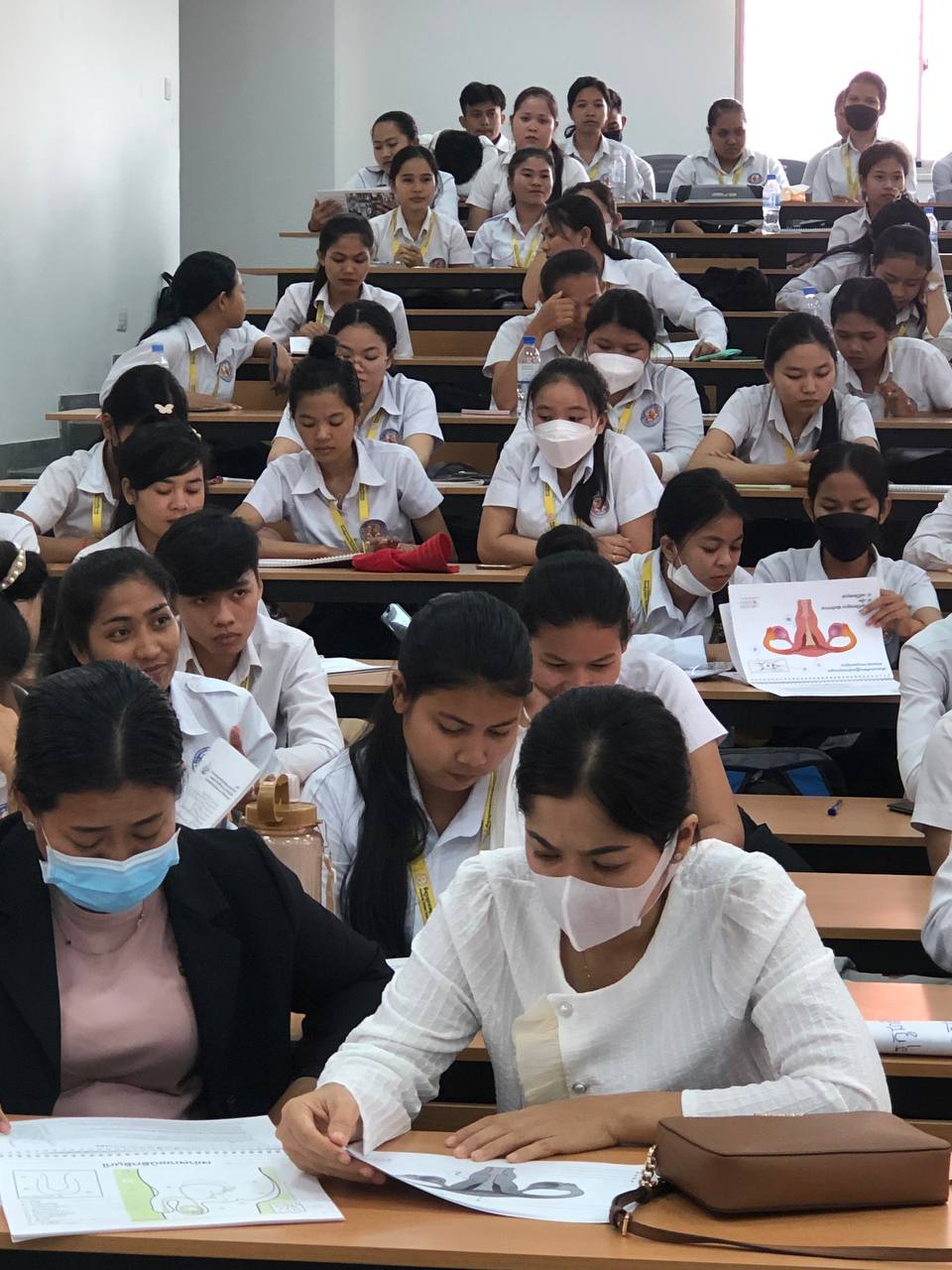
Impact on Employees Who Do Not Have Products at Work
Providing access to products as work has a significant positive impact on businesses: A 2021 study, done in the UK, by Bloody Good Period, found that nine out of 10 survey respondents reported feeling stress or anxiety in the workplace due to their period. Another study showed that this stress can lead to decreased productivity because they are anxious or worried about how to manage this unexpected period.
Additionally, a different study showed that eight out of 10 women surveyed said they had started their period unexpectedly without products, and 96% of these women had to leave immediately to get products. Research by WaterAid in the UK reported that 63% of respondents admitted to feeling embarrassed talking about their periods at work. Meanwhile, another finding of the UK study was that only three percent of respondents believed their employers do enough to support people who menstruate in managing their periods at work.
Benefits of Becoming a PPW
Nelson also highlighted the incredible benefits that businesses can obtain through the Period Positive Workplace as they provide access to free period products to their employees.
The United States Agency for International Development (USAID) recently conducted a study to understand the social and economic implications of implementing effective menstrual hygiene management in the workplace. The results included:
- Improved work performance during menstruation
- Increased job satisfaction
- Reduced absenteeism
- Higher productivity
- Improved collaboration
- A better corporate reputation,
- A more engaged and connected workforce
- High return on investment as companies implement menstrual-friendly policies and provide necessary products.
Building upon these findings, the Period Positive Workplace (PPW) initiative believes that fostering supportive menstrual environments in workplaces will generate significant benefits for both employees and employers.
The solution is simple and common sense: provide access to period products at work. Just as employers provide toilet paper for their employee’s other natural bodily functions, making period products available for employees likewise addresses a normal bodily function of people with periods.
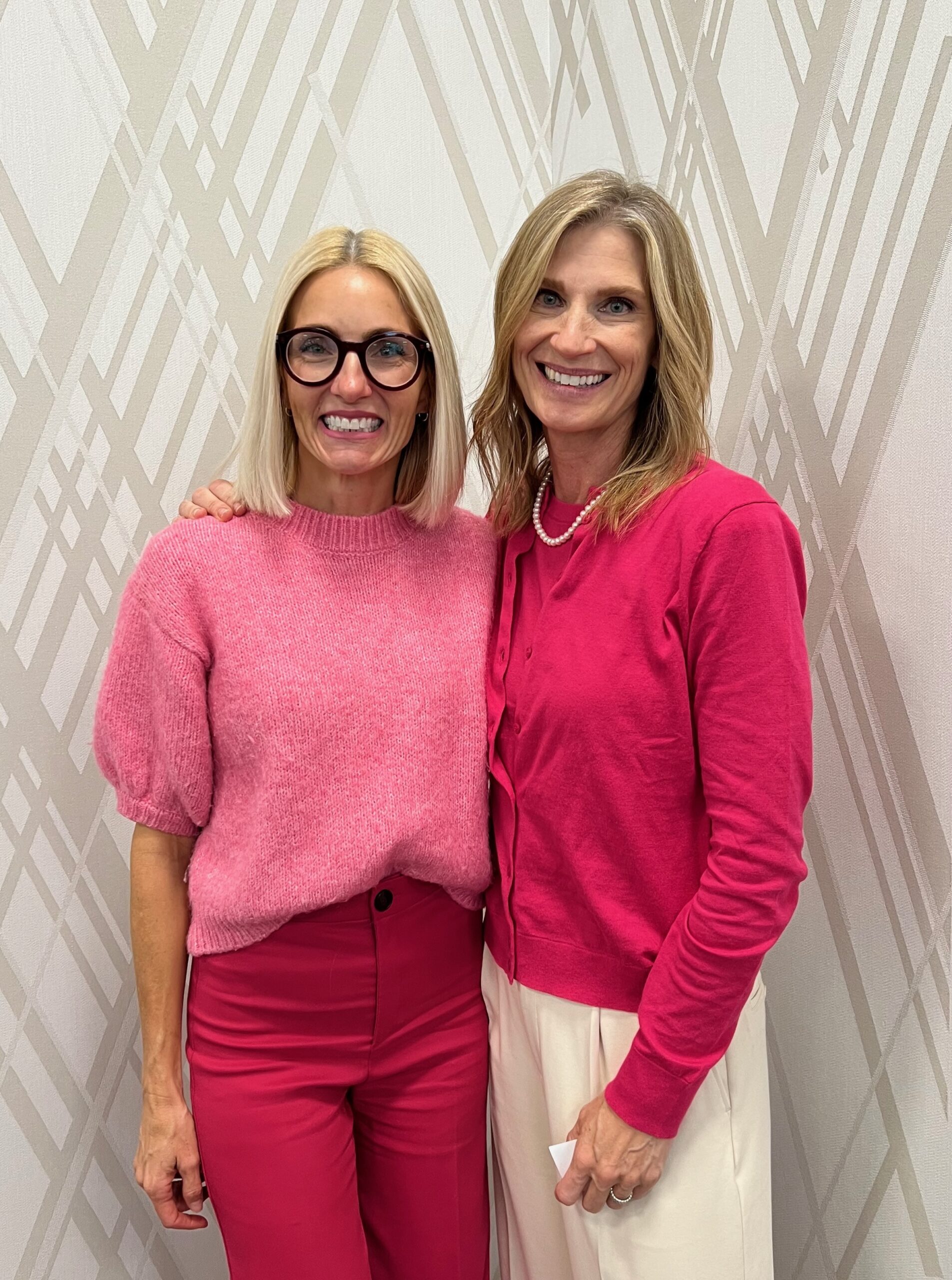
Join the Movement: Advocate for Change
We encourage businesses across the world to become certified Period Positive Workplaces so that they create inclusive environments that prioritize menstrual needs. In doing so, they not only support employees but also contribute to a broader movement that can initiate policy changes on a global scale.
If you are an employer or employee, advocate for your business to become a certified PPW and stand with us united in promoting menstrual inclusivity, benefiting both society and your workplace. Visit periodpositiveworkplace.org.
Together, we can shatter the silence around menstruation and make a lasting impact on the lives of millions. Let us stand united in promoting menstrual inclusivity, benefitting both society and corporations.








